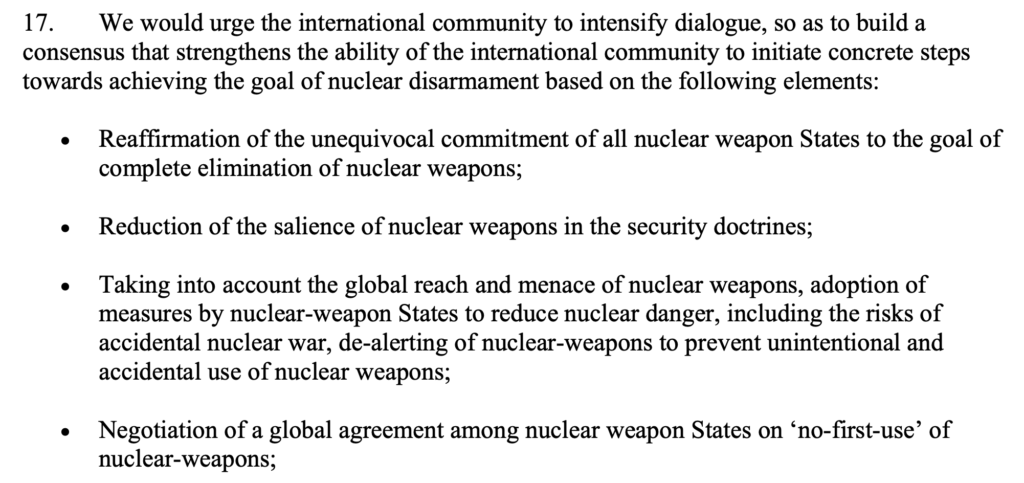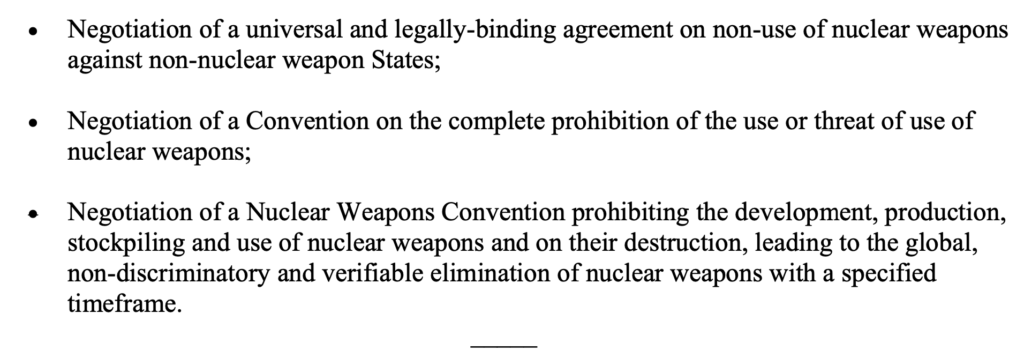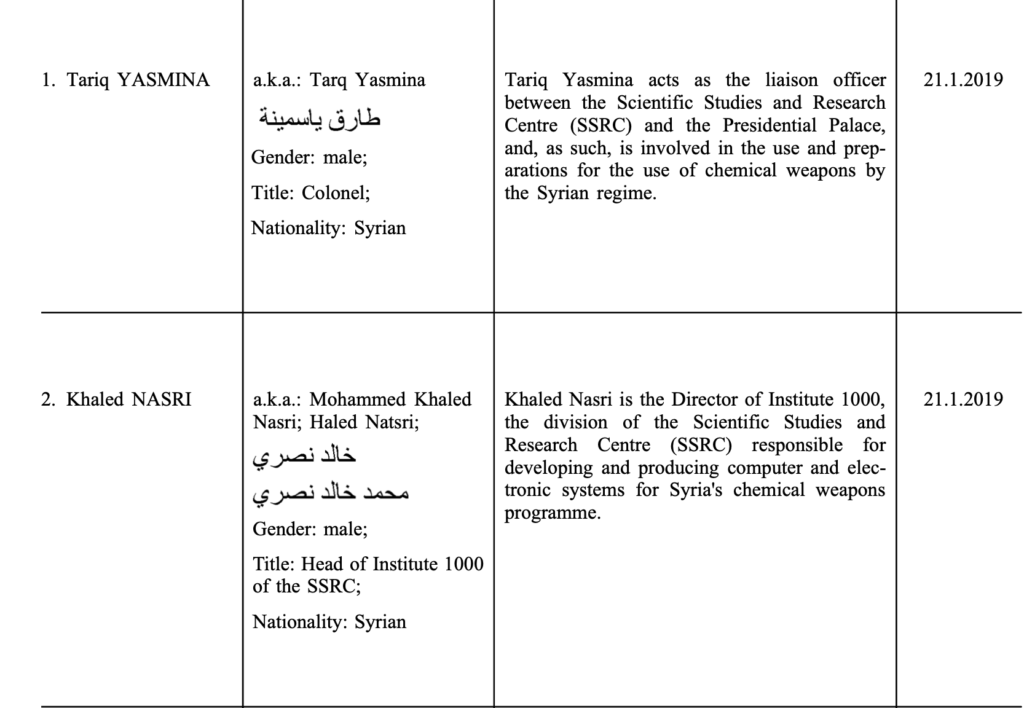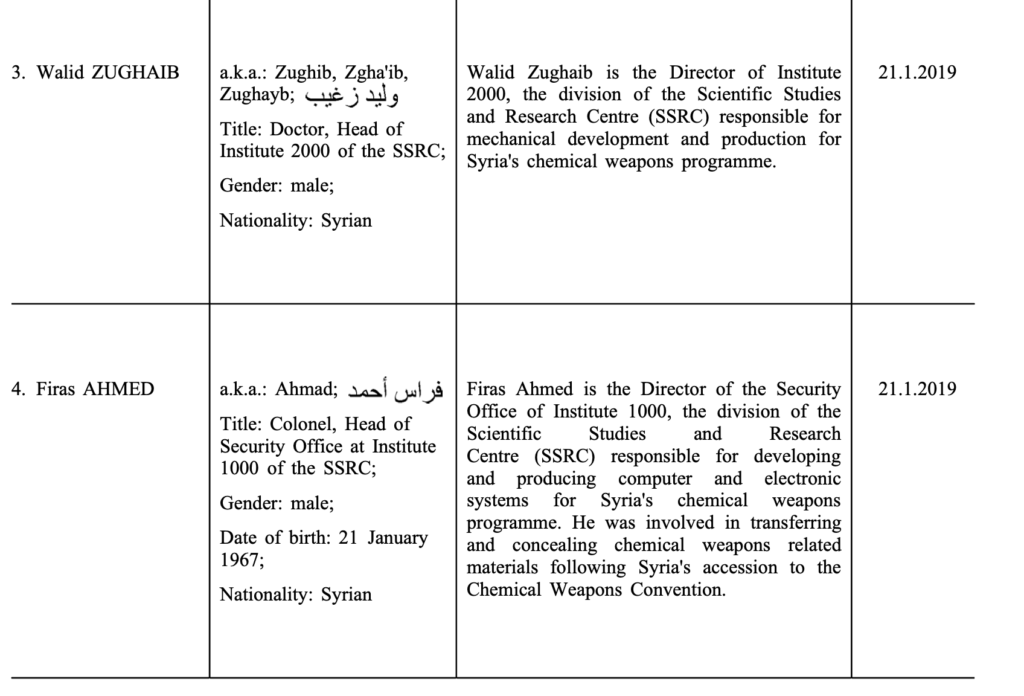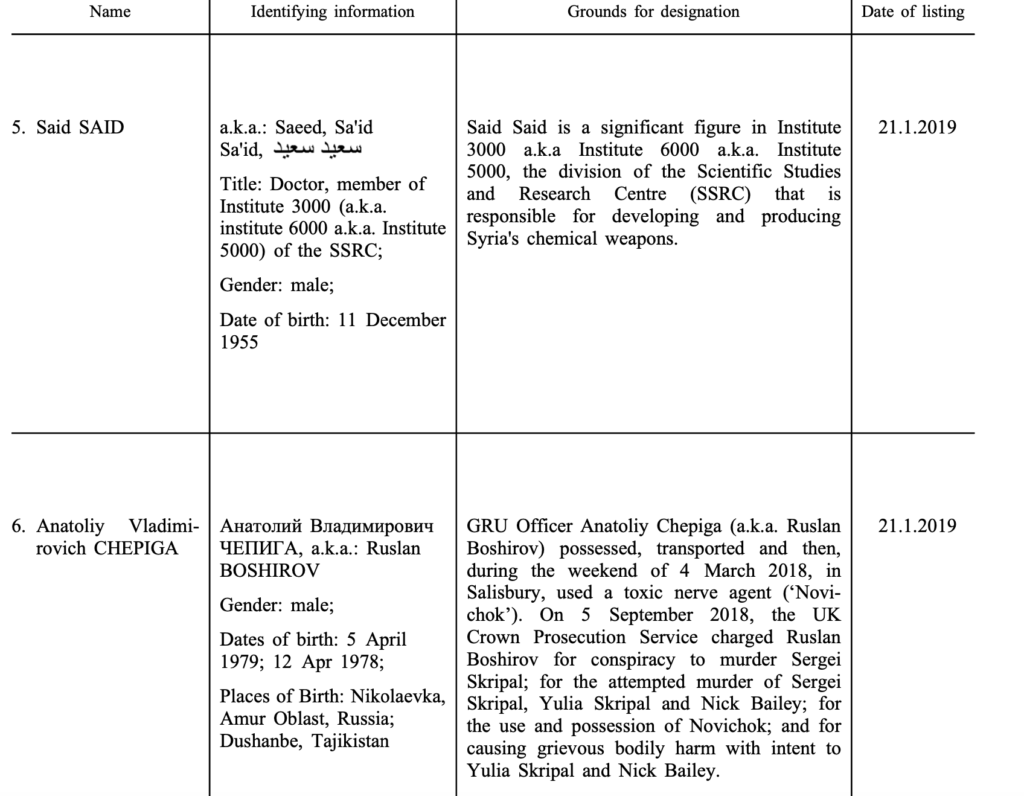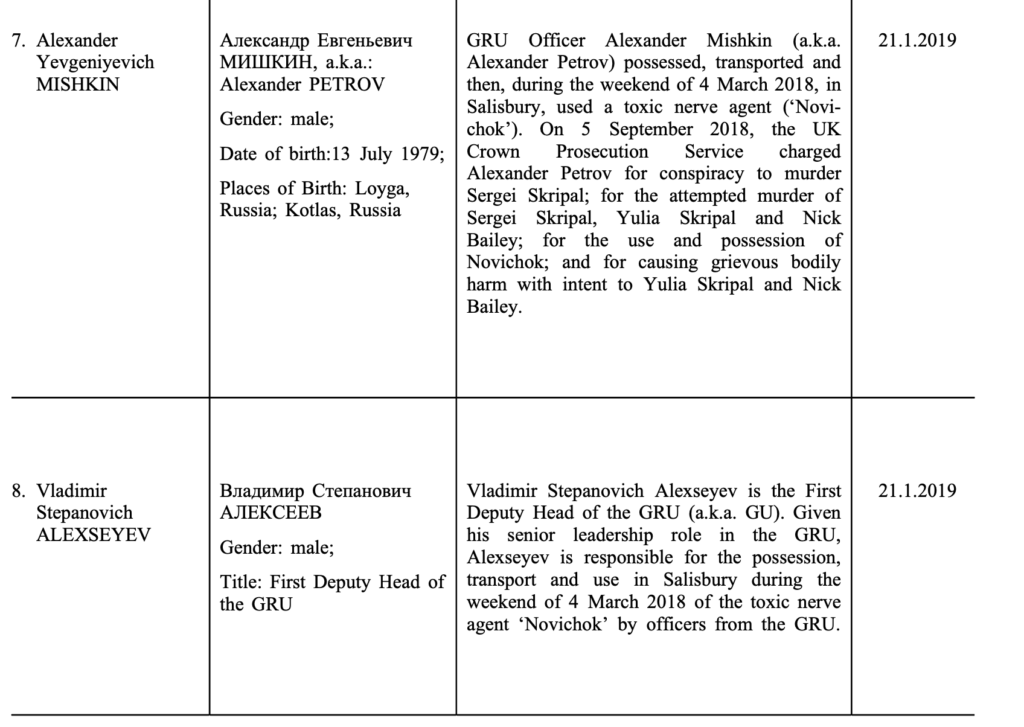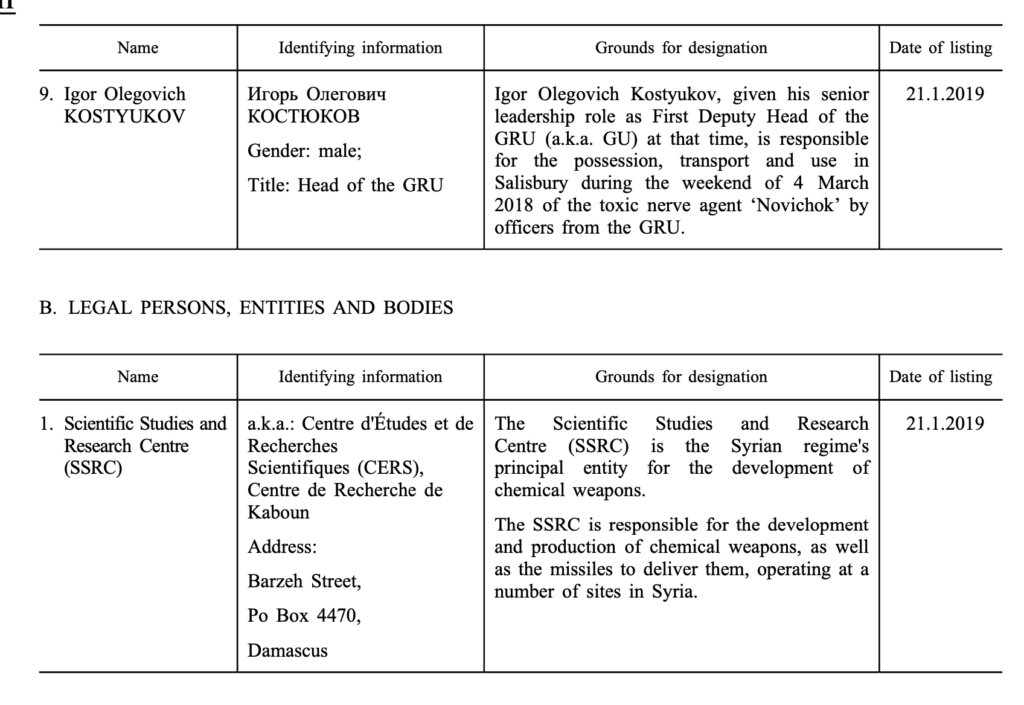The next Conference on the Establishment of a Middle East Zone Free of Nuclear Weapons and Other Weapons of Mass Destruction is scheduled for this coming November. The first one took place last year. Here’s the most relevant part of the report:
At its 5th and 6th meetings, on 20 November, the Conference held a thematic debate. Representatives of participating States exchanged views on a range of related issues, including principles and objectives, general obligations regarding nuclear weapons, general obligations regarding other weapons of mass destruction, peaceful uses and international cooperation, institutional arrangements and other aspects. The Conference agreed that representatives of existing nuclear-weapon-free zones organizations should be invited to share good practices and lessons learned with respect to the implementation of treaties establishing such zones prior to the second session of the Conference.
There’s also a political declaration:
We, the representatives of participating States at the first session of the Conference on the Establishment of a Middle East Zone Free of Nuclear Weapons and Other Weapons of Mass Destruction, having met at Headquarters from 18 to 22 November 2019, pursuant to General Assembly decision 73/546:
(a) Welcome all initiatives, resolutions, decisions and recommendations on the establishment of a Middle East zone free of nuclear weapons and other weapons of mass destruction;
(b) Believe that the establishment of a verifiable Middle East zone free of nuclear weapons and other weapons of mass destruction would greatly enhance regional and international peace and security;
(c) Declare our intent and solemn commitment to pursue, in accordance with relevant international resolutions, and in an open and inclusive manner with all invited States, the elaboration of a legally binding treaty to establish a Middle East zone free of nuclear weapons and other weapons of mass destruction, on the basis of arrangements freely arrived at by consensus by the States of the region;
(d) Call upon all States of the Middle East and all other States to refrain from taking any measures that preclude the achievement of the objectives of the establishment of a Middle East zone free of nuclear weapons and other weapons of mass destruction;
(e) Convinced that the realization of this long-standing goal would be facilitated by the participation of all States of the Middle East, extend an open-ended invitation to all States of the region to lend their support to the present declaration and to join the process;
(f) In that spirit, believe that the Conference, through the elaboration of a legally binding treaty establishing a Middle East zone free of nuclear weapons and other weapons of mass destruction, could contribute to building regional and international confidence therein;
(g) Commit to undertaking efforts to follow up on the declaration and on the outcomes of the Conference and to engaging in preparations for the second session of the Conference, commend the efforts of the Secretary-General in convening the first session of the Conference, and request his continued efforts and those of relevant international organizations and the strong support of the international community towards the success of the Conference in establishing a Middle East zone free of nuclear weapons and other weapons of mass destruction.
